Sir Peter Paul Rubens (1577 – 1640)
Get a Rubens Certificate of Authenticity for your painting or a COA for your Boucher drawing or print.
For all your Rubens artworks you need a Certificate of Authenticity in order to sell, to insure or to donate for a tax deduction.
How to get a Rubens Certificate of Authenticity is easy. Just send us photos and dimensions and tell us what you know about the origin or history of your Rubens painting, drawing or print.
If you want to sell your Rubens painting, drawing or print use our selling services. We offer Rubens selling help, selling advice, private treaty sales and full brokerage.
We have been authenticating Rubens and issuing certificates of authenticity since 2002. We are recognized Rubens experts and Rubens certified appraisers. We issue COAs and appraisals for all Rubens artworks.
Our Rubens paintings, drawings and print authentications are accepted and respected worlwide.
Each COA is backed by in-depth research and analysis authentication reports.
The Rubens certificates of authenticity we issue are based on solid, reliable and fully referenced art investigations, authentication research, analytical work and forensic studies.
We are available to examine your Rubens painting, drawing or print anywhere in the world.
You will generally receive your certificates of authenticity and authentication report within two weeks. Some complicated cases with difficult to research Rubens paintings or drawings take longer.
Our clients include Rubens collectors, investors, tax authorities, insurance adjusters, appraisers, valuers, auctioneers, Federal agencies and many law firms.
We perform Sir Peter Paul Rubens art authentication, appraisal, certificates of authenticity (COA), analysis, research, scientific tests, full art authentications. We will help you sell your Sir Peter Paul Rubens or we will sell it for you.
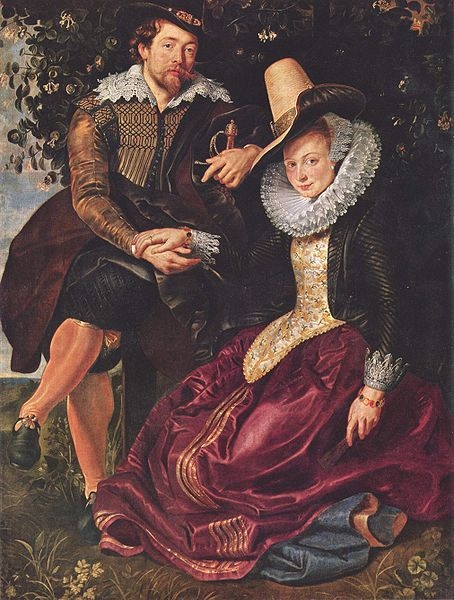
Oil on Canvas 178 x 136.5 cm
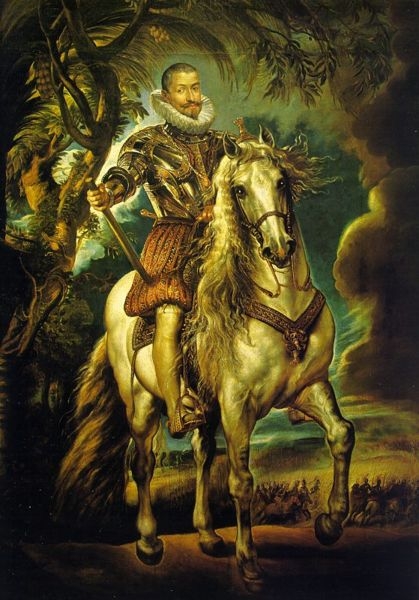
Museo del Prado, Madrid
Peter Paul Rubens was a Flemish Baroque painter, born in Siegen, Westphalia. Rubens is best known for his portraits, history paintings and Counter-Reformation altarpieces. Rubens usually painted mythological and allegorical subjects. While Rubens was based out of Antwerp, where his main studio was located, he worked throughout Europe and was knighted by the Kings of Spain and England.
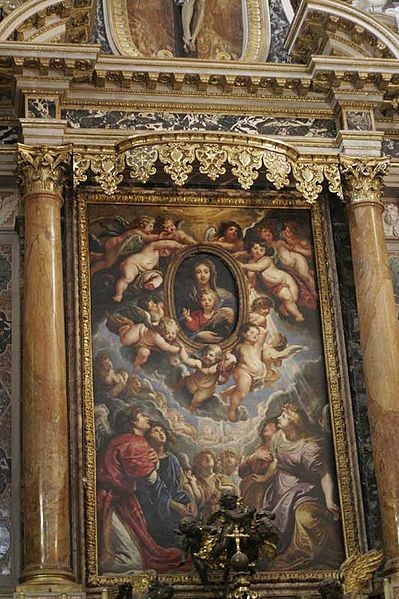
425 x 250 cm
Santa Maria in Vallicella
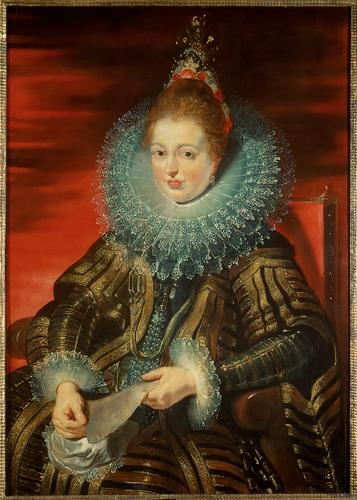
105 x 74 cm
Kunsthistorisches Museum, Vienna
Rubens’ father, Jan Rubens was the legal advisor to Anna of Saxony, who was married to William I of Orange. Jan Rubens was imprisoned for having an affair with Anna of Saxony but was eventually released and gave birth to Peter Paul Rubens with Maria Pypelincks. The family moved to Cologne, where Rubens spent much of his early childhood. In 1589, two years after Jan Ruben’s death, Rubens and his mother moved to Antwerp.
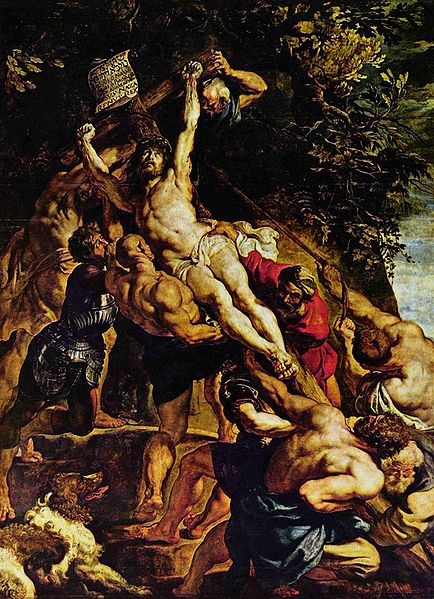
Central Panel 462 x 341
Our Lady Cathedral, Antwerp
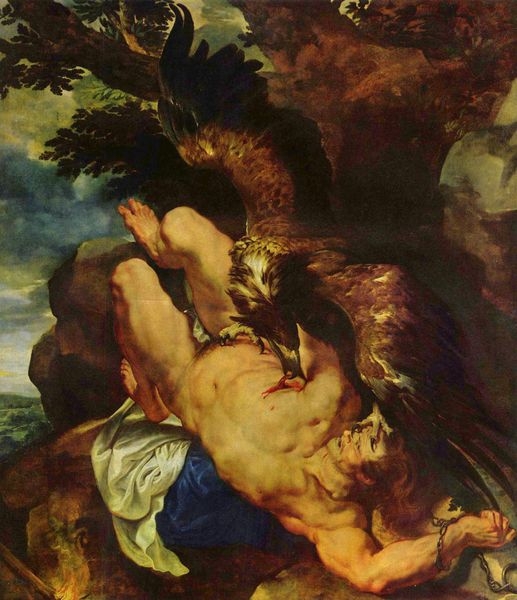
Oil on Canvas 243.5 x 209.5 cm
Philadelphia Museum of Art
In Antwerp, Rubens was raised as a Catholic and received a humanist education. Rubens studied Latin, literature and worked as an apprentice under Tobias Verhaeght. Rubens showed tremendous artistic talent and continued to study under two Mannerists, Adam van Noort and Otto van Veen. By 1598, Rubens completed his education and entered the Guild of St. Luke as a mater painter.
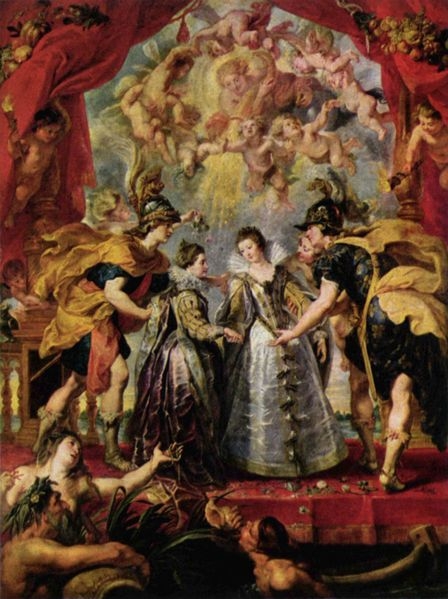
Oil on Canvas 394 x 295 cm
Musée du Louvre, Paris
In 1600, Rubens spent the year in Italy, visiting Venice and Mantua, where he met the Duke Vincenzo I of Gonzaga. The Duke provided funding for Rubens to travel to Rome and Florence, where he studied Greek and Roman art. In Rome, Rubens painted his first altarpiece at the church of Santa Croce in Gerusalemme.
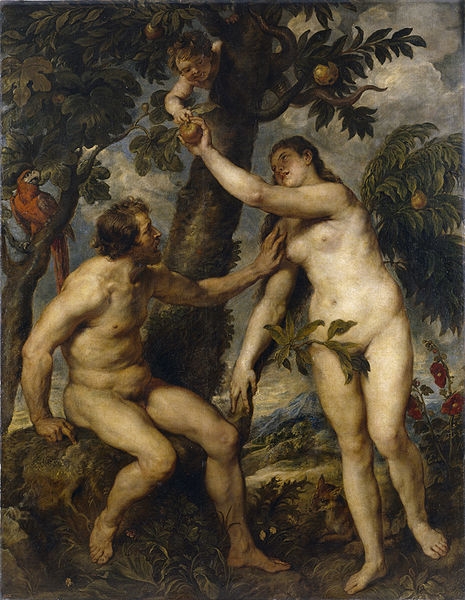
Oil on Canvas 237 x 184 cm
Museo del Prado, Madrid
In 1603, Rubens continued his travels in Spain, spending much of his time in Madrid, where he painted the Duke of Lerma. The following year, Rubens returned to Italy and spent the next four years moving between Mantua, Genoa and Rome. Rubens had a steady flow of work, painting portraits and illustrating palaces.
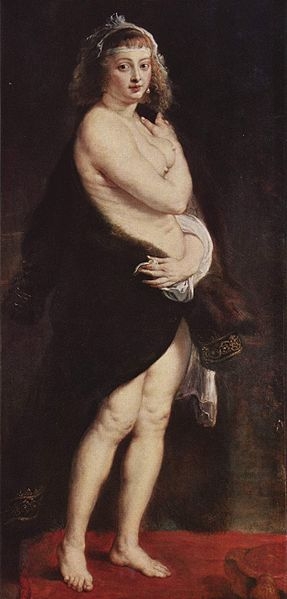
Oil on wood 176 x 83 cm
Kunsthistorisches Museum
Between 1606 and 1608, Rubens received one of his most important commissions, painting the High Altar of the Santa Maria cathedral in Vallicella. Rubens became greatly influenced by Italian art and culture, often signing his name “Pietro Paolo Rubens”.
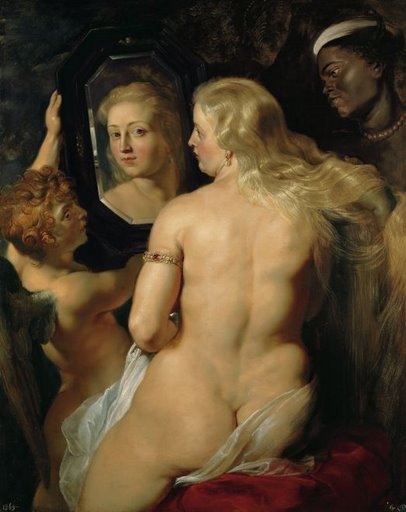
Oil on Canvas
In 1608, Rubens returned to Antwerp to see his mother, who died shortly before his return. Rubens decided to stay in Antwerp and the following year Rubens was appointed to be a court painter under Albert VII, the Archduke of Austria and Infanta Isabella Clara Eugenia of Spain. That same year, Rubens married Isabella Brant, the daughter of humanist, Jan Brant.
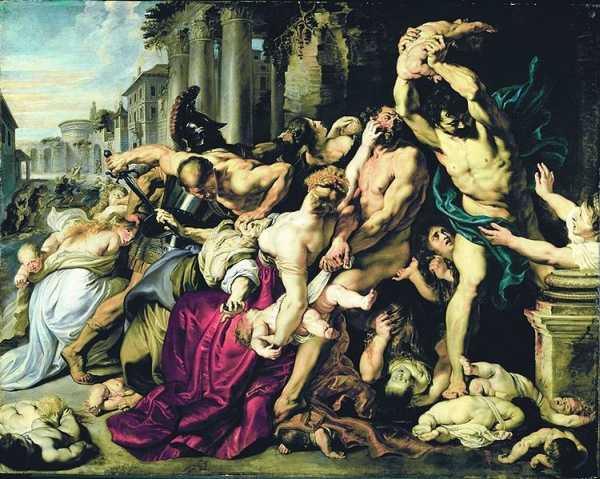
Oil on Canvas
Art Gallery of Ontario
In 1610 Rubens designed a house and studio, which is now the Rubenshuis Museum, in the style of an Italian villa. Rubens worked with various apprentices and students, as well as collaborating with other well-known artists. Rubens house became a major art and cultural center in Antwerp. Rubens also established a copyright for his prints, which were distributed throughout Europe.
During Rubens later years, he bought a chateau outside of Antwerp, where he painted numerous landscape paintings and lived with his second wife, Helene. By the time of his death, Rubens had established himself as a prolific, master painter. Rubens is currently one of the most highly valued Old Master painters. Rubens paintings are now in major museums and collections around the world. Do you think you own a painting by Peter Paul Rubens? Contact us. We are the Rubens experts!
Reviews
1,217 global ratings
5 Star
4 Star
3 Star
2 Star
1 Star
Your evaluation is very important to us. Thank you.
